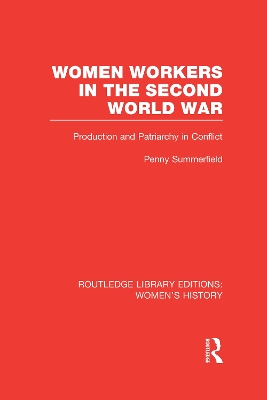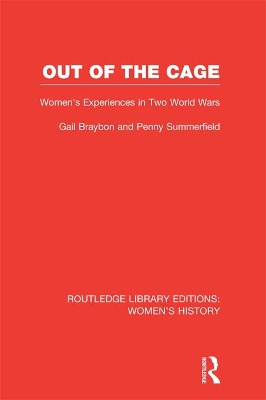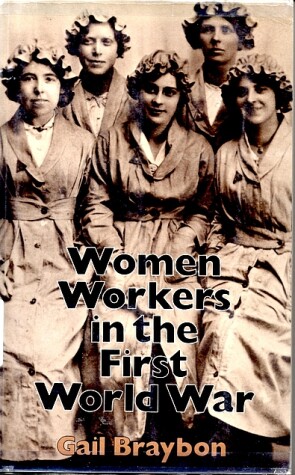Routledge Library Editions: Women's History
3 total works
The Second World War is often seen as a period of emancipation, because of the influx of women into paid work, and because the state took steps to relieve women of domestic work.
This study challenges such a picture. The state approached the removal of women from the domestic sphere with extreme caution, in spite of the desperate need for women's labour in war work. Women's own preferences were frequently neglected or distorted in the search for a compromise between production and patriarchy. However, the enduring practices of paying women less and treating them as an inferior category of workers led to growth in the numbers and proportions of women employed after the war in many areas of work.
Penny Summerfield concludes that the war accelerated the segregation of women in 'inferior' sectors of work, and inflated the expectation that working women would bear the double burden without a redistribution of responsibility for the domestic sphere between men, women and the state.
First published in 1984, this is an important book for students of history, sociology and women's studies at all levels.
Originally published in 1987, Out of the Cage brings vividly to life the experiences of working women from all social groups in the two World Wars.
Telling a fascinating story, the authors emphasise what the women themselves have had to say, in diaries, memoirs, letters and recorded interviews about the call up, their personal reactions to war, their feelings about pay and the company at work, the effects of war on their health, their relations with men and their home lives; they speak too about how demobilisation affected them, and how they spent the years between two World Wars.


